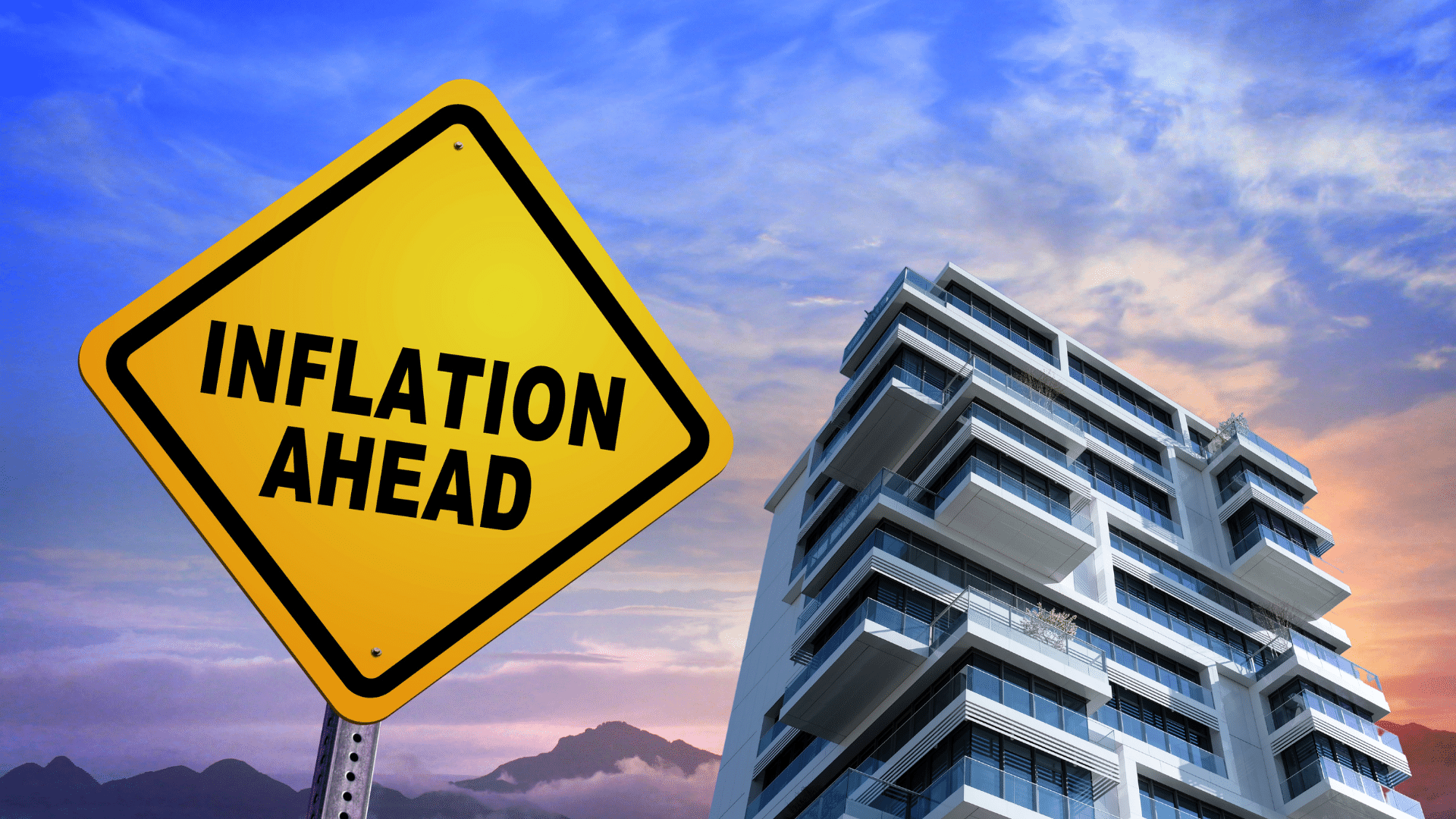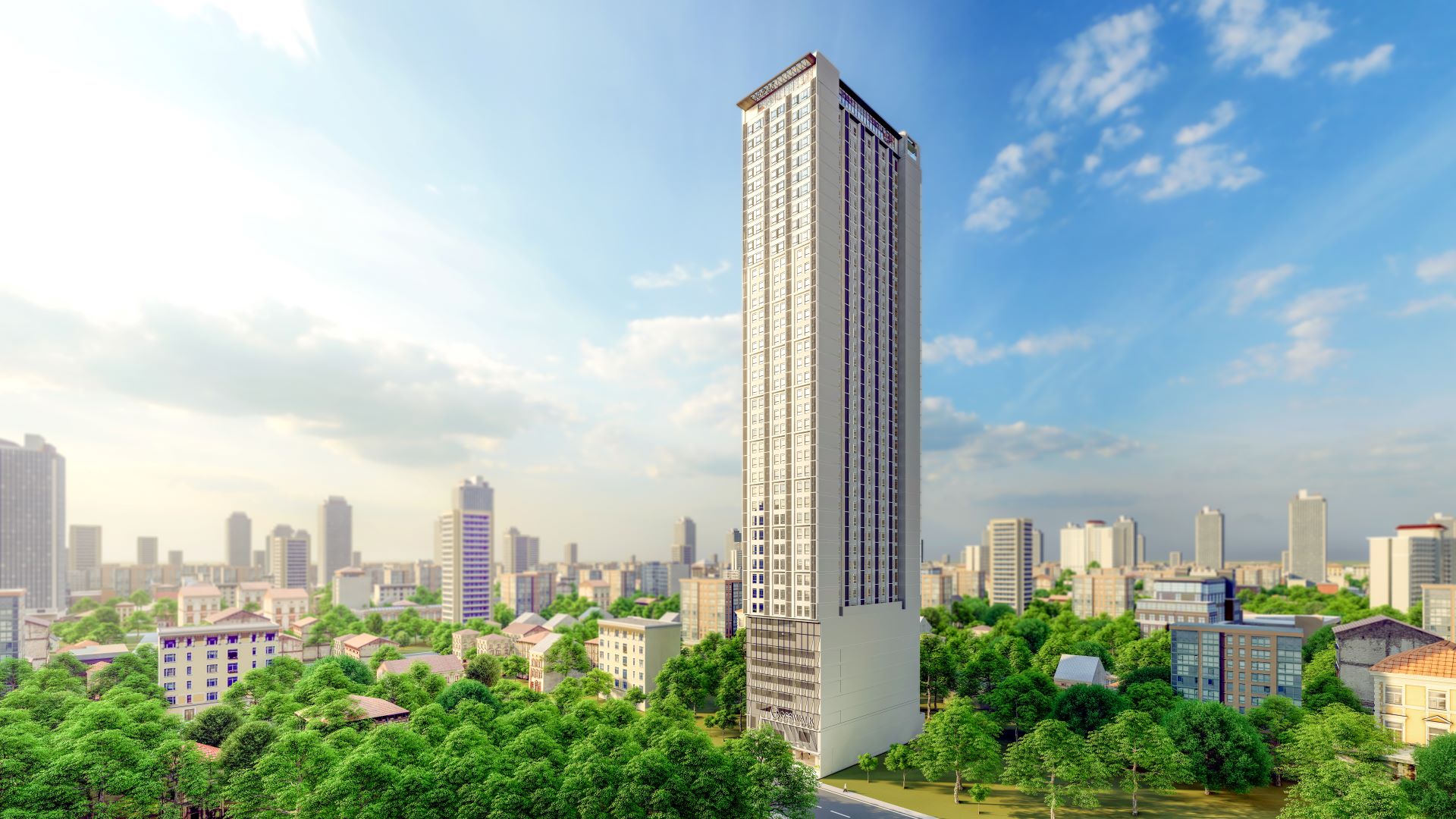Inflation in the Philippines is expected to have gone faster in March at 3.7 percent year-on-year or within the expected 3.3 percent to 4.1 percent range amid rising prices of fuel, power, and meat as well as a weaker peso, according to the Bangko Sentral ng Pilipinas (BSP).
BSP Governor Benjamin Diokno has not yet indicated that the latest numbers could prompt a hike in policy rates, saying in a statement that the regulator will continue to monitor emerging price developments and possible indirect effects on the cost of living.
The continued oil price hikes along with high electricity rates in Meralco-serviced areas, higher meat prices, and the peso depreciation are the primary sources of inflationary pressures during the month.
These could be offset in part by lower water rates in Maynilad and Manila Water-serviced areas and the decrease in prices of rice, fish, and vegetables owing to easing supply constraints.
Target band
Earlier this week, the BSP chief acknowledged that “high inflation was back with a vengeance,” but at the same time said inflation expectations remained anchored to the target band of 2 percent to 4 percent.
For many years, the problem faced by many developed countries was how to nudge inflation higher, given that actual inflation rates were persistently below target rates.
But with the ongoing pandemic, the situation was reversed such that actual inflation rates have exceeded target rates and have remained stubbornly high.
Supply-side
However, in the case of the Philippines, inflation pressures are coming from supply-side factors. Thus, a monetary response in terms of policy rate adjustment is neither appropriate nor responsive.
An increase in the policy rate will not change the reality that energy and other commodities have surged owing to the Russia-Ukraine conflict. It is when there are clear second-round effects on the demand side [such as] higher wages and higher transport fares, that the [BSP] may choose to act to mitigate inflation pressures.
Analysts expect the BSP to start raising its key policy rate—which has been at a record low of 2 percent since November 2020—by the second semester of 2022.
An exit from the pandemic-time accommodative policy regime might see the BSP’s overnight borrowing rate rise from 2.5 percent to 2.75 percent, which might be reached in 2023.
Is There a Correlation Between Inflation and Home Prices?
There are effects of inflation in real estate. In fact, there are correlations between inflation and any good with a limited supply. To illustrate, consider an economy that has a money supply of only P10 and five identical houses in the whole economy. Each house would be priced at P2 (assuming no other goods in the economy). Now, suppose the central bank decides to print more money and the money supply expands to P20. Now each house would be priced at P4. In this simplistic example, increasing the money supply causes inflation and house prices to increase.
In the real economy, there are a lot more factors that affect house prices and the correlation is not as prominent as in our example. One of the other major factors causing house prices to increase is interest rates. When interest rates are low, buying homes can be more affordable and increase the demand for homes. If the supply of homes remains constant and the demand increases, then the prices of homes will increase. In large cities where land availability is often limited, you can see a more pronounced effect of inflation.
Current Home Prices
Home prices in 2021 have increased at unprecedented rates as the economy has reemerged from the downturn of 2020. Record low mortgage rates and a shortage of homes for sale have been primary drivers of this phenomenon.
At the same time, temporary shortages in lumber and skilled construction labor have added to the upward movement of prices, though these impacts should be mitigated in the second half of the year.
Home Trends
Of course, it's important to consider that factors other than supply and demand can affect real estate prices. For example, even before the numbers began to go the wrong way in 2008, the National Association of Home Builders reported that the average home size in the Philippines was 983 square feet in 1950, 1,500 square feet in 1970, and peaked at 2,740 in 2015.
Homes as Investments
Because home prices tend to rise over time, buying a home has traditionally been viewed as a safe investment. Still, an important point to consider when looking at a home as an investment is that it won't ever pay off unless you sell it.
From a practical standpoint, even if your primary residence doubles in value, it probably just means that your real estate taxes have gone up. All of the gains you experience are on paper until you sell the property. Of course, for many homeowners, that's alright. A home that doubles in value is a nice asset to pass on to the kids and grandchildren.
Effects of Inflation in the Philippines on you as a Citizen:
Reduced purchasing power
An increase in the inflation rate would mean you’ll have to spend more on the same goods that you used to purchase at a lower cost. For some, this may mean a lower standard of living and letting go of luxuries to afford basic goods.
Lifestyle change
As the prices of commodities increase, an average earner may need to switch to a simpler lifestyle. A high inflation rate means you’ll have lower disposable income and will result in having less money to spend than you wish to.
Insufficient fixed income
The effects of the inflation rate will also affect those with fixed income such as retirees who rely on pension benefits. The usual pension they receive may no longer be sufficient to sustain their usual way of living, considering the increase in the cost of basic goods, medications, and utilities.
Lower capacity to save
As financial resources tend to be lacking with a high inflation rate, you may find yourself without enough funds to allot for your savings, your child’s education, health emergencies, business, and retirement which may eventually affect your future plans.
3 steps to manage the effects of the rising inflation in the Philippines
1. Always stay one step ahead
Strategize now even if you haven’t experienced the negative effects of inflation. Plan ahead. Identify your present expenses and the cost of your future goals. From there, create a budget and stick to it so that you can avoid overspending.
2. Explore sources of income
A smart way to beat the odds brought by the increasing cost of commodities is to also increase your cash flow. If you’re unemployed, look for job opportunities. A survey shows that 35% of companies are looking into increasing their headcount this year. If joblessness is a problem now, you may soon find openings that fit your credentials.
On the other hand, it is also important to seek potential additional sources of income even when you are currently employed. Check out part-time jobs or explore business ideas that you can keep while keeping your regular job.
3. Reduce your expenses
With limited resources, you have to make ends meet. Reassess your budget to identify the essentials vs. the non-essentials. This will help you prioritize and ensure that your basic needs are met even with inflation. You may also want to explore more affordable alternatives to your usual choices. The small savings you’ll accumulate over time can be used for important priorities in the future.
If you are thinking of moving into a new condominium, check out Vista Residences!
Vista Residences is the condominium arm of the country’s largest homebuilder, Vista Land & Lifescapes, Inc. that offers ready for occupancy and pre-selling condominium projects in Manila, Makati, Mandaluyong, Quezon City, Ortigas, Baguio, Cebu, and CDO that are strategically located within major cities, in close proximity to premium universities, transit-oriented locations, and developed business districts.
For more information on Vista Residences, email [email protected], follow @VistaResidencesOfficial on Facebook, Twitter, Instagram, and YouTube, or call the Marketing Office at 0999 886 4262 / 0917 582 5167.









